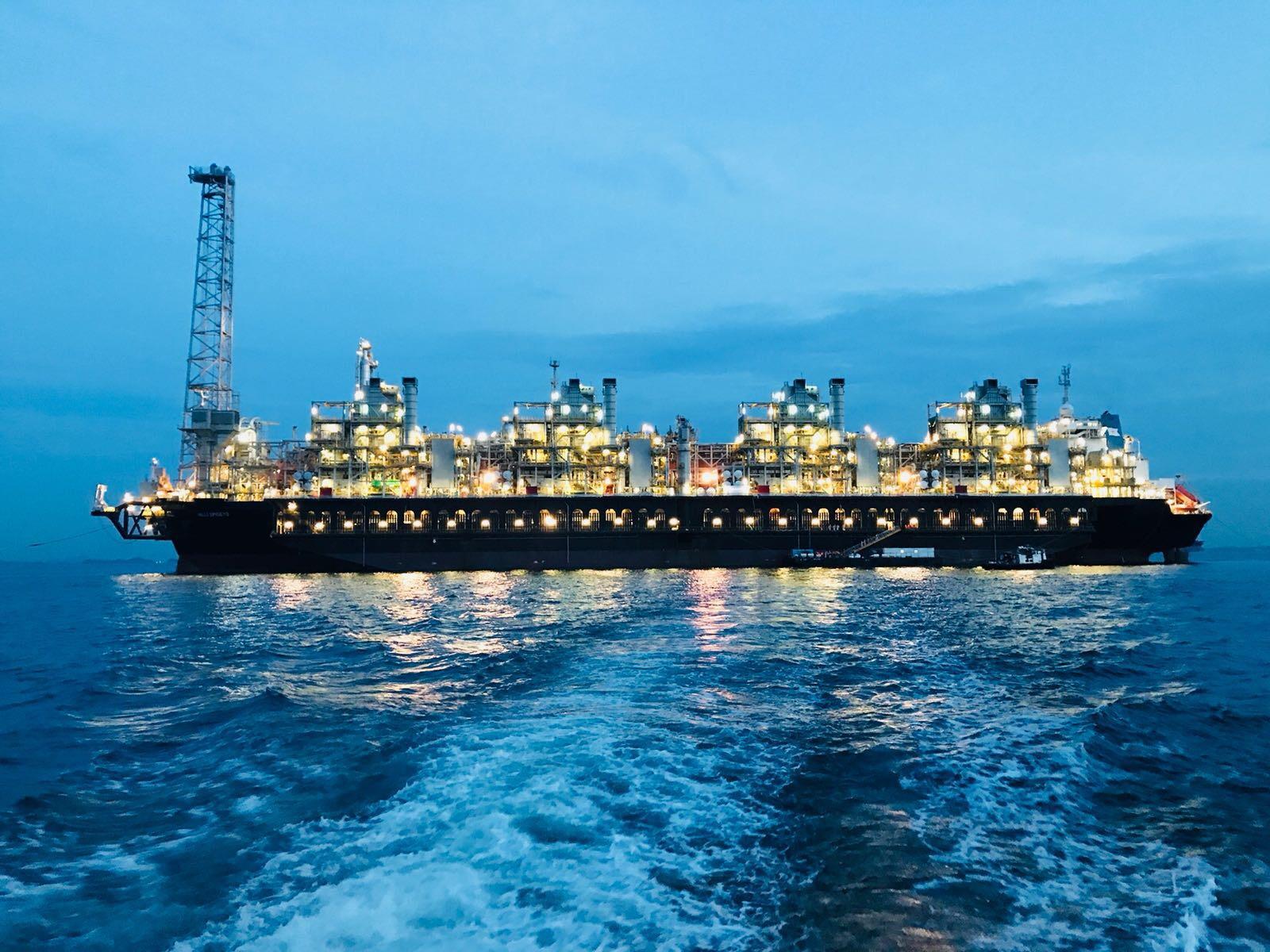Who snorts in Germany for delays on LNG

In Germany, industrialists criticize the government's delays on LNG terminals. Meanwhile, American energy companies are gearing up in view of the boom in demand for liquefied fuel. All the details
The director of a German industrial association told the Bild newspaper that Germany may fail to have two functioning liquefied gas (LNG) terminals by the end of the year.
INVESTMENT DECISIONS ARE MISSING
Timm Kehler, general manager of Zukunft Gas, declared that for the planned fixed terminals "the necessary investment decisions are still lacking", as the news agency Energia Oltre reports from Berlin. Therefore, the construction of the plants has not started.
GERMANY'S LNG PLAN
Germany is one of the European countries most dependent on gas supplies from Russia and is preparing for the possibility of a total blockade of flows (they have already been significantly reduced), which would have very serious social and economic consequences.
To accelerate the energy separation from Moscow, the German government wants to build both fixed and floating terminals for the import of LNG in a short time. This is a significant turning point, because until a few months ago – until the Russian invasion of Ukraine, to be precise – Berlin showed no interest in this type of infrastructure, given the abundance and low cost of supplies via pipelines from Russia.
THE SECTOR NEEDS "CLARITY"
Work has started on the Wilhelmshaven floating regasification terminal on the North Sea coast (7.5 billion cubic meters of annual capacity). But Kehler thinks that operations, not only there, must proceed faster, otherwise Germany will not be able to acquire 13 billion cubic meters of LNG import capacity by 2023.
The sector, he added, needs clarity on regulatory aspects.
In addition to Wilhelmshaven, another floating terminal will be built in Brunsbüttel, where facilities for the management of ammonia and hydrogen from clean electricity will also be built.
MEANWHILE, IN THE UNITED STATES …
The European Union intends to reduce imports of Russian gas by two thirds by the end of the year (or 102 billion cubic meters less per year, out of the total 155), also through an increase in imports of LNG. Specifically, he wants to buy 50 billion cubic meters.
It will also address the United States, one of the world's largest exporters of liquefied fuel, which has pledged to supply Europe with 15 billion cubic meters by this year.
– Read also: LNG, here are the US companies that will sell it (perhaps) to Europe. The role of Blackrock
Given the attractive export prospects (not only in the Old Continent, however, but also in Asia), the American oil company Chevron has shown its intention to enter the LNG market through the signing of two agreements recently. It will purchase 2 million tons of LNG per year from Cheniere Energy and the same amount from Venture Global LNG; the first deliveries should start in 2026 and continue until 2042.
Some forecasts speak of a doubling of global LNG demand by 2040, which would thus reach 700 million tons, due to the transition to energy sources with lower greenhouse gas emissions (natural gas is still a fossil fuel, but less emissive compared to coal and oil).
The two agreements will guarantee Chevron quantities of LNG to be resold abroad.
This is a machine translation from Italian language of a post published on Start Magazine at the URL https://www.startmag.it/energia/terminali-gnl-germania/ on Wed, 29 Jun 2022 04:53:45 +0000.
